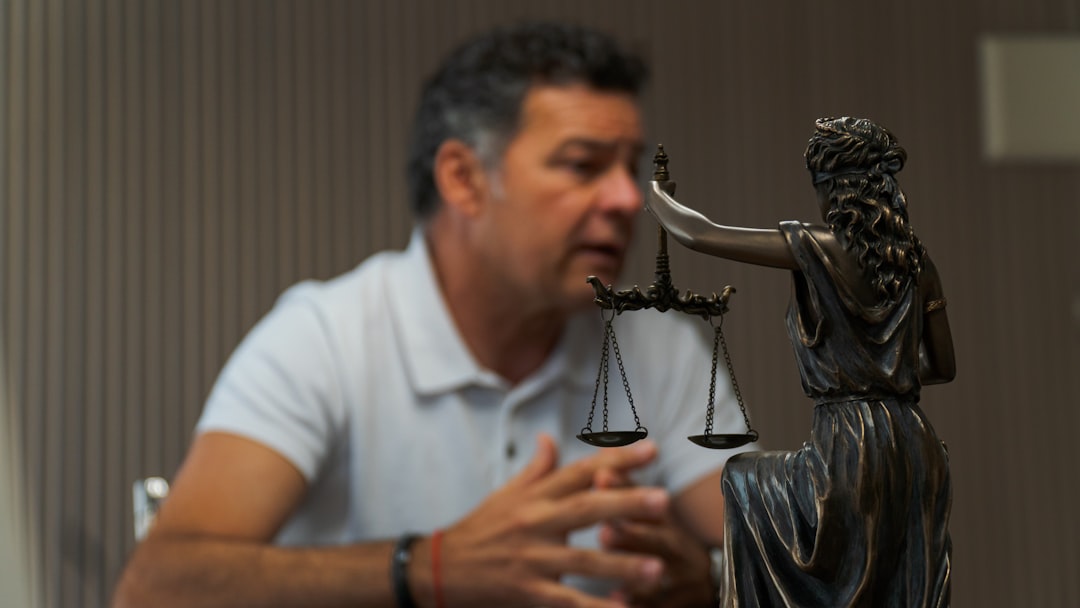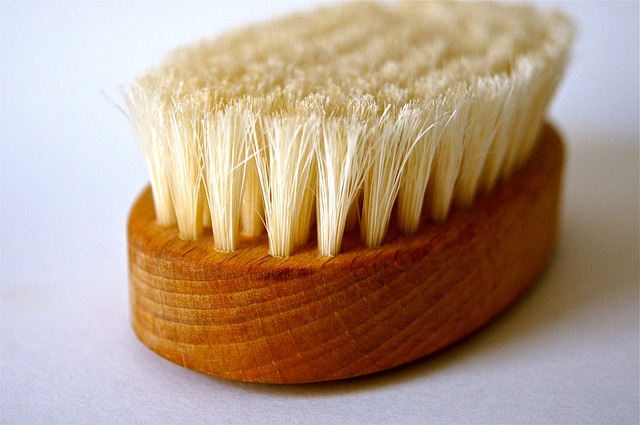Indiana's Professional Licensing Agency (IPLA) protects consumers and maintains ethical standards by rigorously investigating complaints against massage therapists, including alleged massage abuse. Massage abuse attorneys in Indiana play a vital role in this process, ensuring fairness, counseling victims, and navigating legal complexities to uphold professional integrity within the state's licensing framework.
In Indiana, the professional licensing of massage therapists is overseen by a crucial agency that plays a vital role in maintaining public safety. This article delves into the processes and procedures employed by Indiana’s Professional Licensing Agency (IPLA) when handling complaints against massage therapists. We explore the steps from initial reports to resolution, focusing on massage abuse cases and the legal implications, including the involvement of massage abuse attorneys in Indiana. Understanding these mechanisms is essential for both practitioners and clients alike.
Understanding the Role of Indiana's Professional Licensing Agency

Indiana’s Professional Licensing Agency (IPLA) plays a pivotal role in regulating and overseeing various professions, including massage therapists, to ensure consumer safety and maintain ethical standards. In cases of complaint or suspected abuse, such as inappropriate touch or malpractice, IPLA serves as the primary authority for investigation and discipline. Their duty is to protect the public by acting as a watchful guardian against unethical practices within licensed professions.
IPLA’s process involves receiving and reviewing complaints from clients or authorized entities, conducting thorough examinations, and deciding on appropriate actions. If massage abuse attorneys in Indiana spot evidence of wrongdoing, they can issue warnings, suspend licenses, or revoke them entirely. This strict oversight is designed to foster trust among consumers and uphold the integrity of the therapeutic massage industry.
The Process of Handling Massage Therapist Complaints

When a complaint is filed against a massage therapist in Indiana, the state’s Professional Licensing Agency (PLAI) takes prompt action to ensure public safety and maintain the integrity of the profession. The process begins with a thorough review of the complaint, where PLAI examines the details provided by the complainant, which may include allegations of professional misconduct, malpractice, or even massage abuse. This initial step is crucial in understanding the severity and nature of the issue at hand.
If the complaint warrants further investigation, PLAI reaches out to both parties for their accounts and relevant documentation. They conduct a comprehensive inquiry, interviewing witnesses, reviewing records, and gathering evidence to build a clear picture of the incident. In cases involving massage abuse, this process is particularly sensitive and requires careful navigation by experienced professionals to ensure fairness while protecting the rights of all involved.
Addressing Massage Abuse: Legal Aspects and Attorneys Involved

In Indiana, addressing massage abuse is a critical aspect of maintaining professional standards within the state’s licensing framework. When complaints arise, the Indiana Professional Licensing Agency (IPLA) plays a pivotal role in investigating and resolving issues related to unethical or abusive practices by massage therapists. The legal aspects of these cases are complex, often involving state regulations and potential criminal charges.
Massage abuse attorneys in Indiana are integral to navigating these complexities. They work closely with clients who have experienced inappropriate conduct during massages, providing legal counsel and representation. These attorneys help victims understand their rights and options, whether it involves filing a formal complaint with the IPLA or pursuing legal action against the offending therapist or spa. Their expertise ensures that cases of massage abuse are handled professionally and justly.






